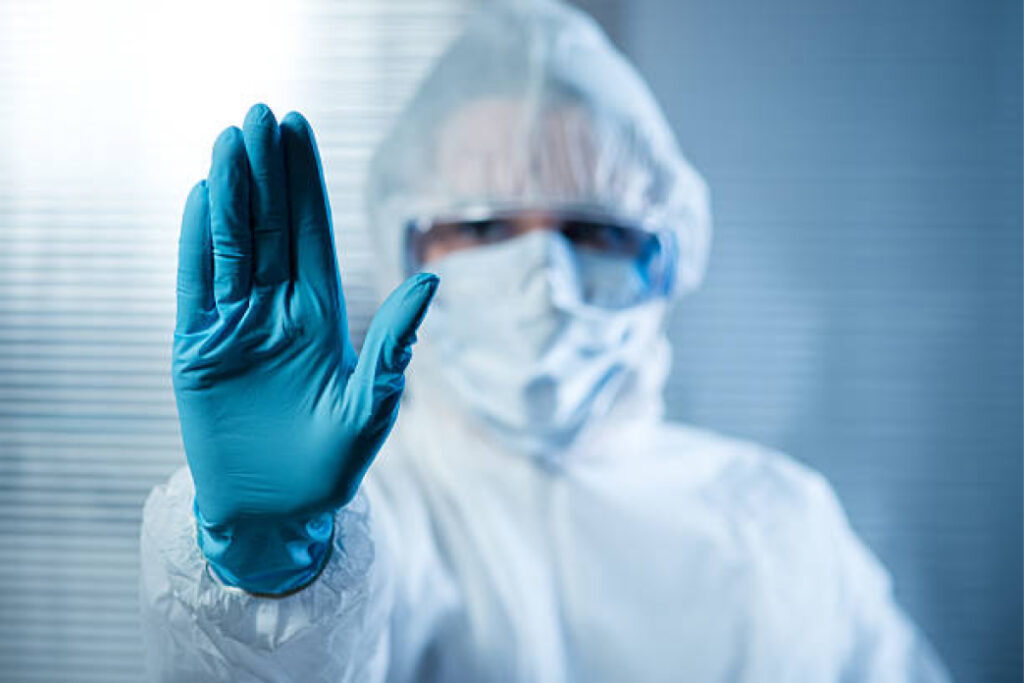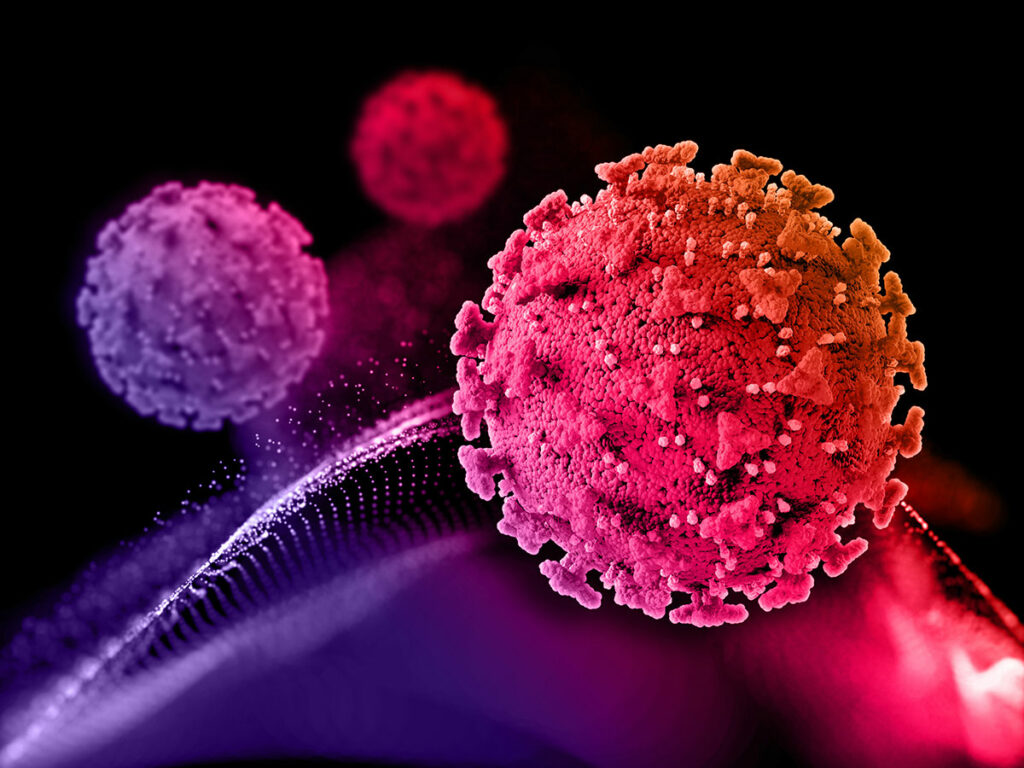Project
To achieve the overarching goals, the CCHFVACIM project will build on the success of previous projects such as CCHFever (FP7), CCHFVaccine (H2020) and go the extra mile by initiating a unique One-Health platform strategy to address different aspects of this severe public health threat.
On one hand, the project will use advanced animal models to assess and compare the efficacy of mRNA vaccine candidates, mAbs and therapeutic mRNA; on the other hand, it will establish a biobank from CCHF patients to build up a pipeline for the production of mAbs against CCHFV from their B cells.

Importantly, the project will also contribute to capacity building of European infrastructures, with the establishment of a platform on mRNA-based vaccine at one of the partner institutions.
Ultimately, CCHFVACIM will permit to develop a road map to bring the most efficacious vaccine candidates and immunotherapy tools to clinical trial Phase I in humans.

The project results will be widely disseminated among the scientific community, public health authorities, non-governmental organisations, outbreak management teams, and hospitals, with the final scope of both contributing to contain the burden of CCHF disease and increasing preparedness to new outbreaks.
The project is organized into the following Work Packages:
WP1 (Lead: Ali MIRAZIMI, FOHM; Claire CONNELLAN, ERINHA) focuses on the management and scientific coordination of the project;
WP2 (Lead: Felix REY, IP) aims to produce and characterise recombinant CCHFV Gc, Gn, GP38 proteins, as well as investigate the epitopes of potent neutralizing antibodies (this later, in collaboration with WP6);
WP3 (Lead: Friedmann WEBER, JLU) revolves around deep immunogenicity studies (characterisation and protection) of the nucleo- and glycoproteins of CCHFV;
WP4 (Lead: Martin GROSCHUP, FLI) will conduct animal studies in different models to characterise immune response, including the establishment of a model (sheep) not yet available for CCHFV;
WP5 (Lead: Gutaf AHLEN, KI) will be in charge of designing mRNA vaccine candidates against CCHFV as wells as developing a roadmap to facilitate the future transition of the vaccine candidate and immunotherapeutic towards clinical investigation;
WP6 (Lead: Iva CHRISTOVA, NCIPD) will establish a biobank from CCHFV patients, contribute to B-cell cloning and mAb production (this later, in link with WP2) and design mRNA for Ab treatment;
WP7 (Lead: Ariane ABRIEU, ERINHA) will lead dissemination activities for increasing the visibility of the results produced through this project.